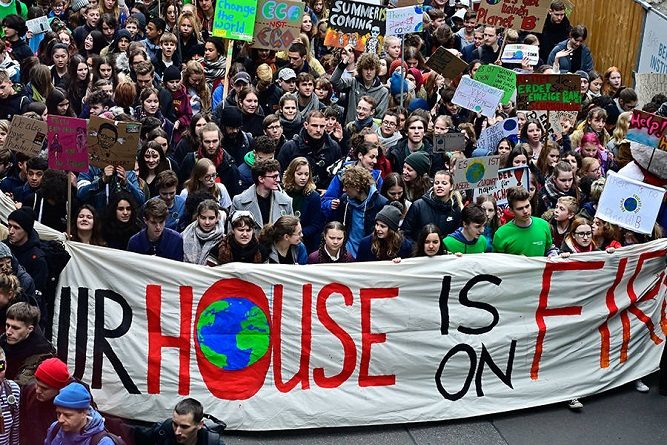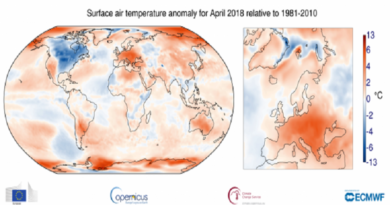From Africa to Seville: Communities demand financial justice to confront climate crisis
As the world’s most powerful financial leaders meet in Seville this week for the UN Financing for Development (FfD) Conference, African campaigners and frontline community leaders are making it clear: the global financial system is not just broken, it is actively blocking the path to climate justice.
Today’s webinar, “Debt, Dollars and the Climate Crisis”, hosted by 350Africa.org, brought together organizers, academics, and climate advocates from across Africa and beyond. The discussion sent a strong message: the real barrier to progress is not a shortage of money, but a system that protects elite wealth while starving the solutions coming from the frontlines.
Speakers unpacked how outdated and exploitative financial structures, rooted in colonial debt, fossil fuel subsidies, and austerity, continue to trap African countries in cycles of dependence and underdevelopment. While fossil fuel giants and billionaires grow richer, communities facing heatwaves, floods, and displacement are denied the basic financial support they need to adapt and thrive.Yet, across the continent, communities are not waiting for rescue. They are designing and leading energy solutions that are cleaner, fairer, and more democratic. In South Africa’s Sekhukhune region, where mining has long extracted wealth and left poverty behind, communities have built a model for a socially owned renewable energy system. It’s ready to scale, with strong local support, but financing remains out of reach.
“Our communities have done the work. We’ve researched, built partnerships, and developed a feasible energy model that centers justice and ownership. But without accessible financing, projects like ours are stuck, not because they’re unworkable, but because the system refuses to back solutions it doesn’t control.” said Ferron Pedro, Senior Campaigner at 350Africa.org.
The conversation also explored how progressive taxes on extreme wealth, increasingly supported across Europe and the Global South, could generate trillions to fund renewable energy, climate adaptation, and social protection. Meanwhile, a growing movement is calling for a UN-led mechanism to cancel unjust debt, freeing countries in the Global South to invest in their people and futures instead of paying interest on loans rooted in exploitation. This is not a financial crisis, it is a justice crisis. The money exists, but political will is missing. African nations are told to tighten belts while fossil fuel companies receive public financing, and billionaires pay lower tax rates than nurses or teachers.
As the Seville summit enters its final stages, 350Africa.org and its allies are calling on governments to act boldly. The world cannot afford another summit of empty promises. Leaders must stop defending a failed system and instead commit to meaningful reforms that put people and the planet first.
Africa is rising with solutions. It’s time for global finance to rise to meet them.




